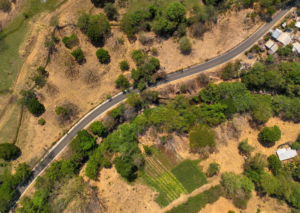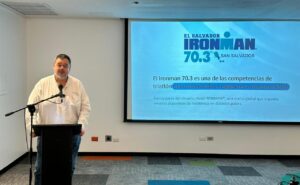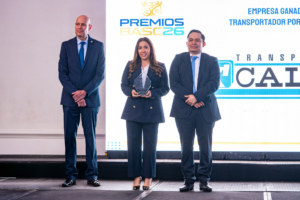Salvadoran legislators have taken a decisive step to accelerate the development of environmental infrastructure projects. With majority approval, a regulation has been issued granting tax incentives to companies involved in the construction of a biogas plant on the Acelhuate River and a wastewater treatment plant in La Libertad. The measure seeks to boost the economy and modernize the country with a sustainable approach.

These tax exemptions include a wide range of taxes, such as the Value Added Tax (VAT), import tariffs, and the Income Tax (ISR). The elimination of these costs aims to reduce the required investment and increase the profitability of projects. This strategy not only lightens the economic burden for contractors but also encourages the participation of specialized companies.
The biogas project, led by the Comisión Ejecutiva Hidroeléctrica del Río Lempa (CEL),is an initiative that will not only generate clean energy but also contribute to the sanitation of important waterways such as the Acelhuate River. With a capacity of 5.43 megawatts, this plant will treat 70% of the wastewater in the San Salvador Metropolitan Area, benefiting more than 21,000 families.

Additionally, a wastewater treatment plant will be built in the department of La Libertad, executed by the Ministerio de Obras Públicas(MOP). This project will improve fluid treatment and expand the sewage system in the region. The tax benefits applied to this project will ensure more efficient execution and reduced costs.
The regulations establish that tax exemptions will apply to all phases of projects: from planning and construction to final operation. Additionally, those who voluntarily sell land to government entities for the execution of projects are exempt from paying taxes. This simplifies land acquisition procedures and avoids delays.

Furthermore, key institutions such as the Ministry of the Environment, ANDA and the Superintendencia General de Electricidad y Telecomunicaciones(SIGET) must issue special guidelines to simplify procedures. This collaborative and coordinated approach among public institutions demonstrates the government’s commitment to expediting these projects. Streamlined administrative procedures are crucial to ensure the rapid implementation of these projects.
Both projects, the biogas plant and the wastewater treatment plant, mark a milestone in the development of sustainable infrastructure in the country. With a positive impact on public health and the environment, these initiatives will benefit more than 1.2 million residents. These actions not only promote economic development but also significantly improve the quality of life of salvadorans.







